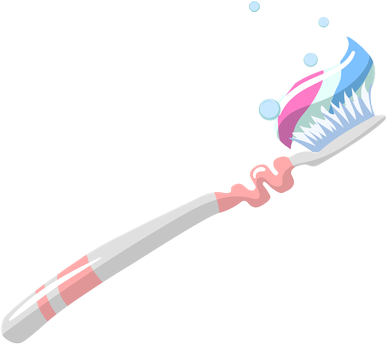 Bloomsburg, Danville, and Lewisburg, PA
Bloomsburg, Danville, and Lewisburg, PA
Cavities may seem to be an insignificant problem to most people until pain occurs. However, this chronic disease is one of the most prevalent in the U.S., affecting 92 percent of adults between the ages of 20-64, and is the most common disease among children. Even though you may only have one or two cavities during your lifetime, tooth decay can develop into a more severe problem causing symptoms from minor tooth sensitivity to significant infections and pain. Today on the blog, our Bloomsburg family dentists at Hamilton Dental Care share why cavities are such a big deal so that you can protect your oral health and reduce your risk of cavities.
The Problem with Tooth Decay
Tooth enamel is the outermost layer of your teeth and is the hardest substance in the human body, although it is not indestructible. When biting and chewing, the enamel protects the tooth’s interior and its sensitive nerves. According to our Bloomsburg dentists, early stage of tooth decay may be reversible through natural remineralization, good oral hygiene, and well-balanced nutrition. Unfortunately, damage that penetrates the enamel can allow harmful bacteria to reach the inner tooth layer called dentin. Typically, minor symptoms such as slight discomfort may develop when consuming foods or beverages that are hot, cold, or sweet, which is your cue to visit a dentist before more damage occurs. However, larger cavities or a broken tooth could cause harmful bacteria to reach the tooth nerve and cause significant pain. When the bacteria overwhelm the nerves, your tooth could develop an abscess or painful infection.
Cavity Causes
Harmful bacteria are the main culprit for causing cavities. Lingering dental plaque provides bacteria the perfect conditions to create acid while breaking down carbs and sugar. The acid secreted by the bacteria begins to demineralize your enamel, forming a cavity. Family dentists in Bloomsburg agree that if the process doesn’t stop or reverse by removing the plaque, the benefits of saliva and proper nutrition will not be enough to counter the condition. As the bacteria continue secreting enamel-eroding acids, the demineralization process will continue into cavity development. Unfortunately, the process can speed up once an area breaks through your tooth enamel and into the dentin. However, with proper treatment from a dentist, you can stop the cavity progression and reduce your risk of additional dental expenses or unnecessary time off work.
Cavity Treatments
Detecting tooth decay early on helps prevent severe damage as the condition is treatable or possibly reversible with proper dental care. Treatment for cavities depends on their severity, as well as how much healthy tooth structure is left after the dentist removes the damaged portion.
Small to medium-sized cavities typically receive dental bonding, sealing out bacteria after the damaged area is removed. Usually, our Bloomsburg dental office treats larger cavities or cracked or broken teeth with a dental crown to cover the tooth and restore its function. Deep cavities that reach the tooth roots can cause extreme pain and require a root canal to stop the pain, remove the infection, and restore the tooth. Finally, teeth broken beyond reasonable repair may require extraction and a restoration option, such as a bridge, partial denture, or dental implants.
Cavity Prevention
Cavity prevention begins at home and with you. The best way to prevent cavities is to remove plaque from your teeth through regular brushing and flossing, and get your teeth cleaned twice a year. According to the American Dental Association (ADA), you should brush your teeth twice a day, floss once daily, and schedule dental checkups and cleanings twice per year for preventative care. Also, consuming a healthy, well-balanced diet low in sugar and carbohydrates, yet vitamin and mineral-rich, can strengthen tooth enamel and reduce your cavity risk. Our Bloomsburg dentists may also recommend products like rinses, toothpaste, or probiotics to reduce cavity development risk, depending on your dental care needs. However, by limiting acidic and sugar-filled foods and beverages in your diet and practicing good oral hygiene, you can protect your teeth for the long haul.
Family Dentists in Bloomsburg, Danville, and Lewisburg, PA
Cavities only worsen without treatment, and could eventually result in severe dental pain or tooth loss. Therefore, it’s crucial to visit our Bloomsburg dental office to remove cavity-causing plaque before you spend more time and money trying to address other problems. Feel free to call Hamilton Dental Care today at (570) 387-0533 to schedule an appointment or complete our appointment contact form online.






Comments are closed